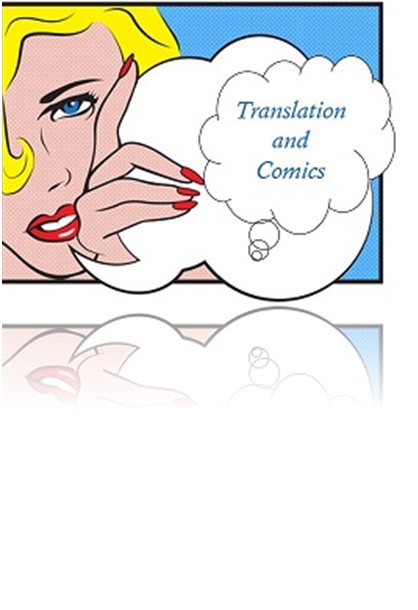Análisis de los rasgos lingüísticos de Maus y sus interferencias en la traducción al español
DOI:
https://doi.org/10.21992/T99S5WKeywords:
Maus, Spiegelman, traducción de cómics, rasgos lingüísticos, errores lingüísticos motivados.Abstract
Art Spiegelman abrió con Maus (1980-1991) un nuevo camino para la novela gráfica a nivel internacional: entrevistando a su padre, que le cuenta sus memorias sobre el Holocausto, presenta una historia de carácter confesional, inédita hasta entonces en este ámbito de manifestación artístico-literaria. Junto con la impactante representación de los personajes, destaca especialmente la historia de supervivencia en primera persona. En este trabajo, analizamos la importancia del lenguaje en Maus, y más concretamente los rasgos lingüísticos que caracterizan la forma de expresión del protagonista, cuya lengua materna no era el inglés, sino el polaco. Son numerosas las incoherencias y errores intencionados en el original (por ejemplo, “… I can tell you other stories, but such private things, I don’t want you should mention”). Para ello, trataremos de determinar si existen en estas incoherencias parámetros recurrentes y posibles influencias de otra(s) lengua(s). Finalmente, analizaremos cómo han podido interferir estas pautas en la traducción al español de una de las novelas gráficas más destacadas del siglo XX y la primera ganadora del Premio Pulitzer en 1992.Downloads
Published
Issue
Section
License
Authors who publish with this journal agree to the following terms: a.Authors retain copyright and grant the journal right of first publication with the work simultaneously licensed under a Creative Commons Attribution License that allows others to share the work with an acknowledgement of the work's authorship and initial publication in this journal. b.Authors are able to enter into separate, additional contractual arrangements for the non-exclusive distribution of the journal's published version of the work (e.g., post it to an institutional repository or publish it in a book), with an acknowledgement of its initial publication in this journal. c.Authors are permitted and encouraged to post their work online (e.g., in institutional repositories or on their website) prior to and during the submission process, as it can lead to productive exchanges, as well as earlier and greater citation of published work (See The Effect of Open Access).



